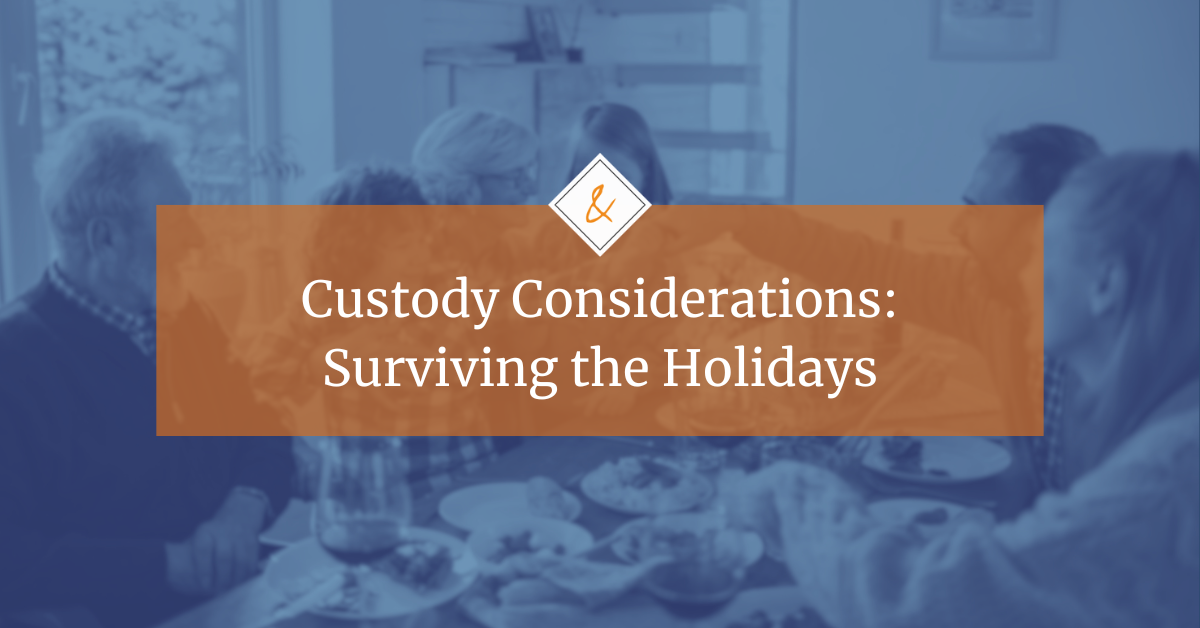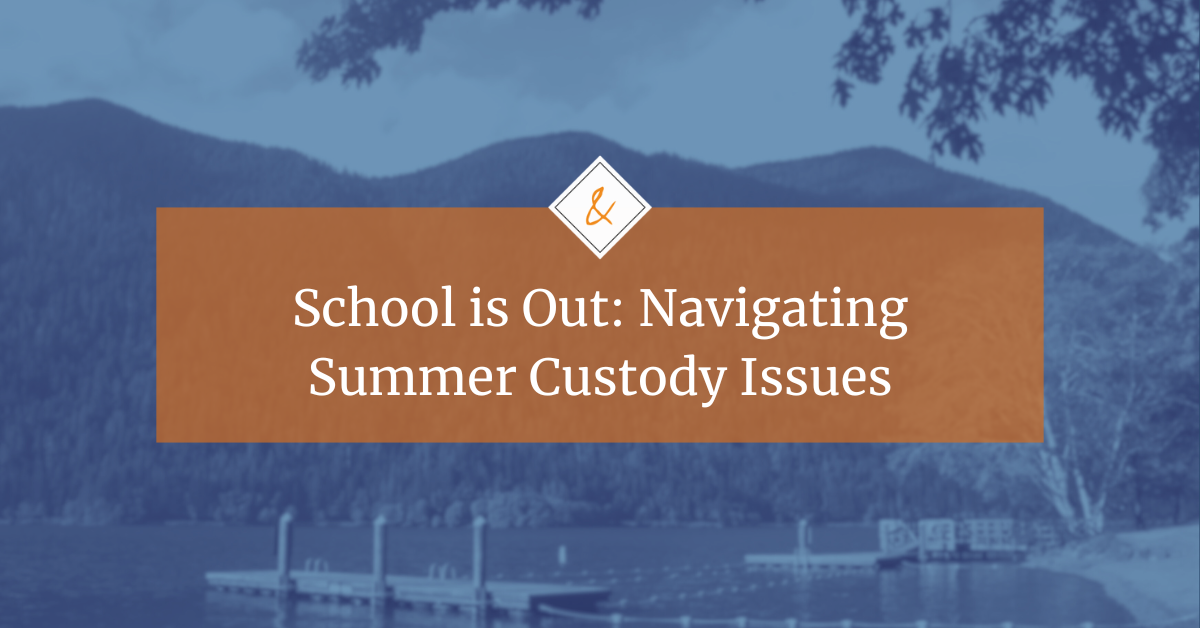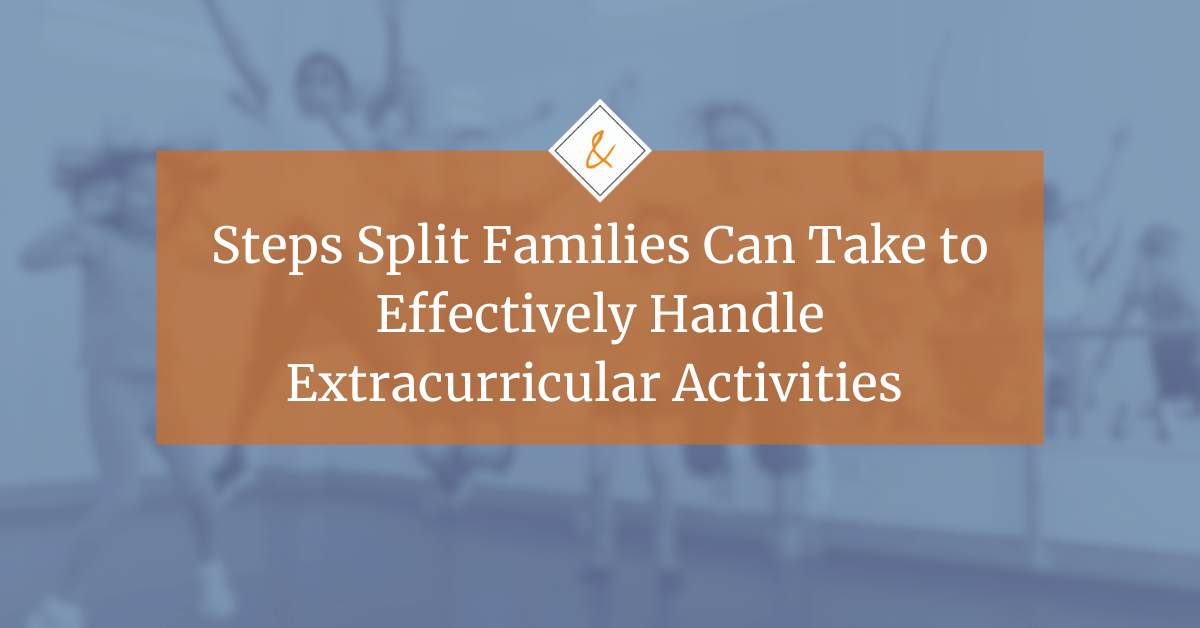It is a given that parents want their children to go to the best school available to the kids. But what happens when parents disagree on which school is best? If parents share legal custody, there are a number of things to consider in school choice cases.
- Public or Private: One of the most often litigated school choice issues is whether to send a child to public school or private school. Often the cost of public school is the main argument, and parents must decide how much they are willing to financially contribute to a private school if they are seeking to enroll their child in private over public.
- Public School Districts: If you have decided on public school, you might still need to decide which public school your child will attend if you and your co-parent live in different districts or catchments. If you equally share physical custody of your children, they can attend public school in either district. If one parent has primary physical custody of the children, in most cases the children would attend school in that parent’s district, unless you have a specific order to the contrary.
- School Rankings: There are many ranking systems that grade every facet of a school, from academics to standardized testing to demographics and beyond. Although these publications are generally hearsay and inadmissible at a trial, the information contained in those rankings can help parents decide on the best school for their children.
- Transportation: How will your children get to either school each day? How long will it take? Will either parent be able to drop the children off at school? Can the children take the bus from either parent’s home? Or will both parents be responsible for getting the children to one bus stop every day, regardless of where the parents live? Importantly, if one parent lives outside of the school district, they generally will not be eligible for bus transportation to school from that parent’s home and will need alternative transportation. These questions can impact how early a child has to wake up in the morning, and how much time a child spends in the car or bus everyday, which make them important factors in the school choice decision.
- Before and After Care: Many parents need to utilize before and after care services to ensure their children are properly cared for outside of school hours. Parents need to consider the availability of before and after care programs, either offered at the school the children attend, or at a nearby facility or by a grandparent or other caregiver. If the children attend a daycare facility offered through the school grounds, parents need to consider how the children will be transported to and from that program and school.
- Special Needs: If your children have special needs, those needs must be front and center in determining the best placement for your child. Many private schools do not offer the same level of special education programs that public schools offer. However, there are also a number of private schools specifically geared toward children with learning differences or special needs. It is important that you and your co-parent examine the availability of services for your child to ensure his or her needs can be met at any proposed school.
- Extracurricular Activities: Generally, all schools offer a wide array of extracurricular activities, but if your child has a specific interest or talent, some schools may offer better opportunities. Athletic programs, language immersion programs, vocational programs, and technology programs can all provide your child educational benefits that will carry on through their ultimate careers, and may weigh heavily in favor of one school over another.
- Student Body and Diversity: Parents want their children to feel connected and represented in their school communities, and seeking a school with a certain demographic make-up or diversity level can be important to helping children feel like they belong and giving them social stability that will help them grow.
- Siblings or Friends: Children will often want to attend school with their siblings, step- or half-siblings and, especially, their friends. Giving children a network of peers before they even walk in the school door may be a good reason to choose one school over another. These connections may also factor into transportation questions, as taking children to one school, rather than to various schools, can affect the school choice.
Overall, parents know their children best and will look to find a school that best suits each child’s needs. If parents cannot agree, they can seek the help of educational experts who can analyze individual children and opine on the best school choice for them. Further, if parents do not believe a public school can give their children the appropriate programs to meet a child’s special needs, education lawyers can help parents work with the schools to develop appropriate programs or, potentially, receive funding from public schools to send a child to a private school.
If you are facing a school choice disagreement with your co-parent, it is wise to seek the advice of a family lawyer to help navigate the system, potential experts, and the hearsay issues involved in presenting your case to a judge.


